
The Best Global Comic Books You’ve Never Heard Of
We all know how English literature by English writers is easily accessible. And it has been for a long time because a large part of
What are the best Japanese books?
Japan is a well-known country, rich in traditionsand history that dates back to thousands of years. Similarly, it is a society that continues to change rapidly, whether its fashion, technology, or culture by constantly pushing the boundaries of what is possible. This is what makes it such a beautiful country to visit.
And that very culture, history also manifests itself in Japanese literature and culture. It shouldn’t come as a surprise if you find many best Japanese books as a recommendation. After all, some of the oldest novels are Japanese novels.
Japanese literature is traditional as well as modern. For example, it becomes modern when a story in a manga or light novel is made into an anime that people love. Japan is also quite famous for short poems known as haiku, as well as its manga comic books.
If you live outside of Japan and want to read Japanese books, the bad news is that you will find few Japanese books in translation, as Japanese language is quite complicated. However, the good news is that, many books by Japanese authors that have been translated, are quite brilliant.
So, the books about Japan on the shelves of your local bookstore are carefully chosen. If you want to learn more about Japan or plan a trip to the Land of the Rising Sun, any Japanese book in a bookstore will teach you about Japanese culture. Furthermore, reading classic Japanese literature will teach you more about Japanese traditions and lifestyle if you want to live in Japan for a while (or forever).
Japan holds the distinction of being the birthplace of the world’s first novel, as well as three Nobel Prize winners in literature. The depth of Japanese literature ranges from classical Edo poets to modern authors and manga creators. A novel, anime, poetry, and manga are all considered literature in Japan; here’s why.
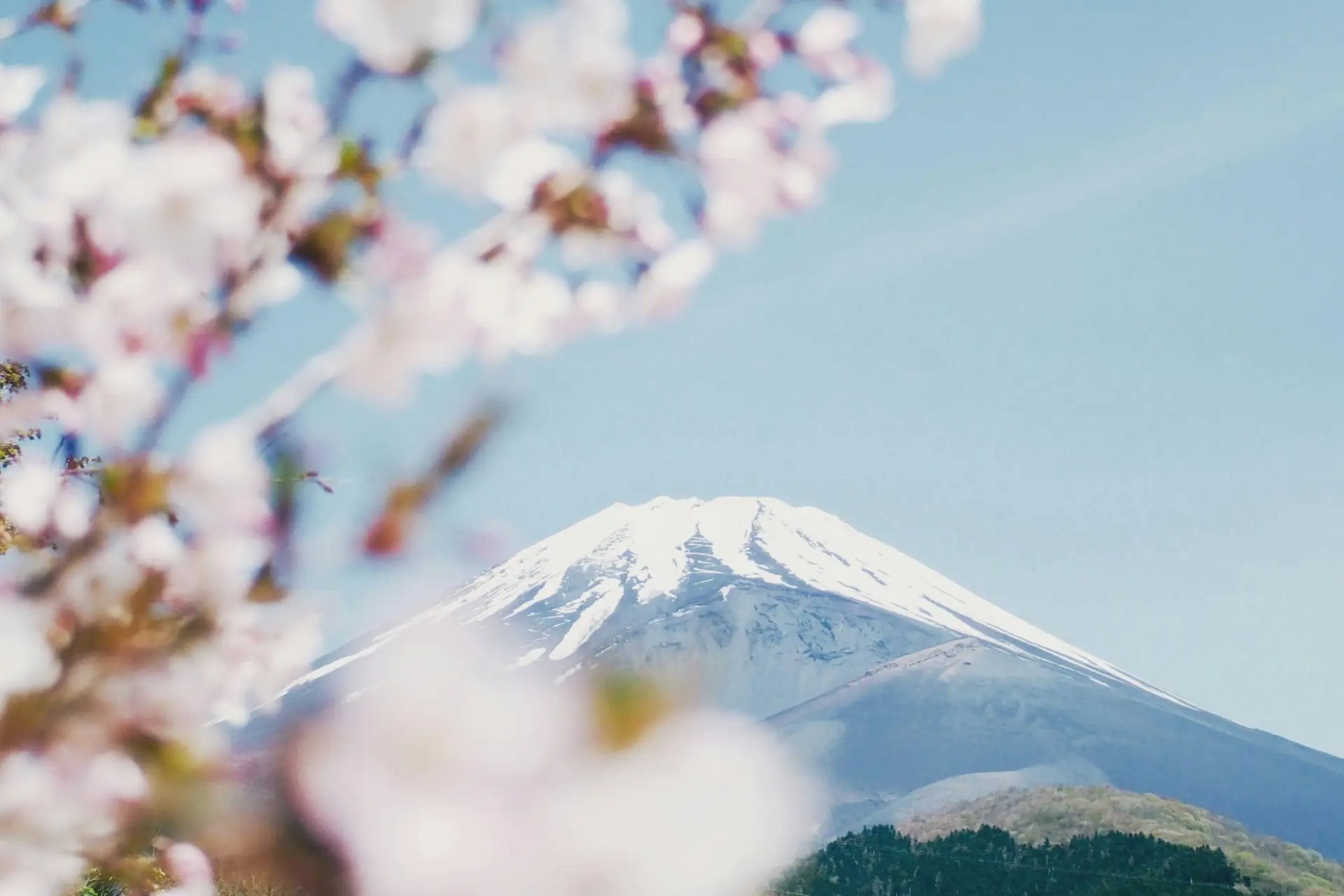
Japanese literature, also known as (日本文学 Nihon Bungaku), is Japanese language literature or the study of that literature and its authors.
Japanese literature is divided into five periods: ancient (Nara period), classical (Heian period), medieval (Kamakura period, Namboku-cho period, Muromachi period), modern (Azuchi-Momoyama period, Edo period), and contemporary literature (literary works from the Meiji period to the present).
But, ancient and classical literature combine as classical literature. Azuchi-Momoyama literature is frequently classified as medieval literature. Meanwhile, modern literature frequently refers to works from the Meiji to the Taisho periods, whereas contemporary literature refers to works from the Showa to the present.
Ancient Japanese literature dates back to the Nara period, which also marks the beginning of Japanese literature. The influence of Chinese culture on Japanese literature is visible in this era, as the kanji script used looks similar to the Chinese script. This is understandable as Chinese literature had more influence on Japanese books.
Although kanji is an adaptation of the Chinese script, the Japanese have their own writing system that distincts from China. This era produced several literary works, including ancient poems known as Manyōnshū. Aside from poetry, thick Japanese historical books such as the Kojiki and Nihon Shoki date back to this period.
In Japan, the periodization of script includes classical literature from the Heian era. The kanbun (Chinese writing) and kanshi (Chinese poetry) writing systems were at their peak during this period. As anyone can tell from the first waka (Japanese poem) called Kokin Wakashu, Chinese books left heavy influences on Japanese literature.
In terms of writing, waka could be said to be equivalent to kanshi at the time, which still used kanbun. The hiragana writing system was later introduced, as seen in the literary works Ki No Tsurayuki and Tosa Nikki. Other works that represent this era include Genji’s Hikayat and Murasaki Shikibu.
The following periodization is medieval literature from the Kamakura period. Medieval literature includes literary works from the Azuchi-Momoyama period as well as works from the Kamakura period. The poem Shin Kokin Wakashu was written by Fujiwara, a famous poet at the time, using the wakan konkobun writing system.
This writing system marked the beginning of modern Japanese writing, which began to move away from the influence of Chinese characters. Several literary works were published during this time period, including artist Kamo no Chomei’s Hojoki. Furthermore, the Heike saga and some theater arts, such as Sarugaku, began to emerge.
Until this point, Japanese literature resembled Chinese literature in terms of writing. But, the wakan konkobun writing system gradually evolved, resulting in the typical Japanese script and writing system that exists today.
New Japanese literature, such as kabuki and jojuri, began to emerge and develop during the Edo period. Great poets of haikai, such as Matsuo Basho, also became quite popular.
During the Meiji period, when Japan was colonized, contemporary literature took a new shape. After the colonization period ended, European culture began to infiltrate. As a result, European-influenced literary works like Shosetsu Soron began to circulate.
Many Japanese people also work as authors. Authors of books, manga, light novels, and so on. Some of these authors frequently write with their emotions, which they then transform into works, and their works relate to Japanese culture. Japan is a modern country, and Japanese authors frequently become script writers when their manga, and novel is adapted into an anime.
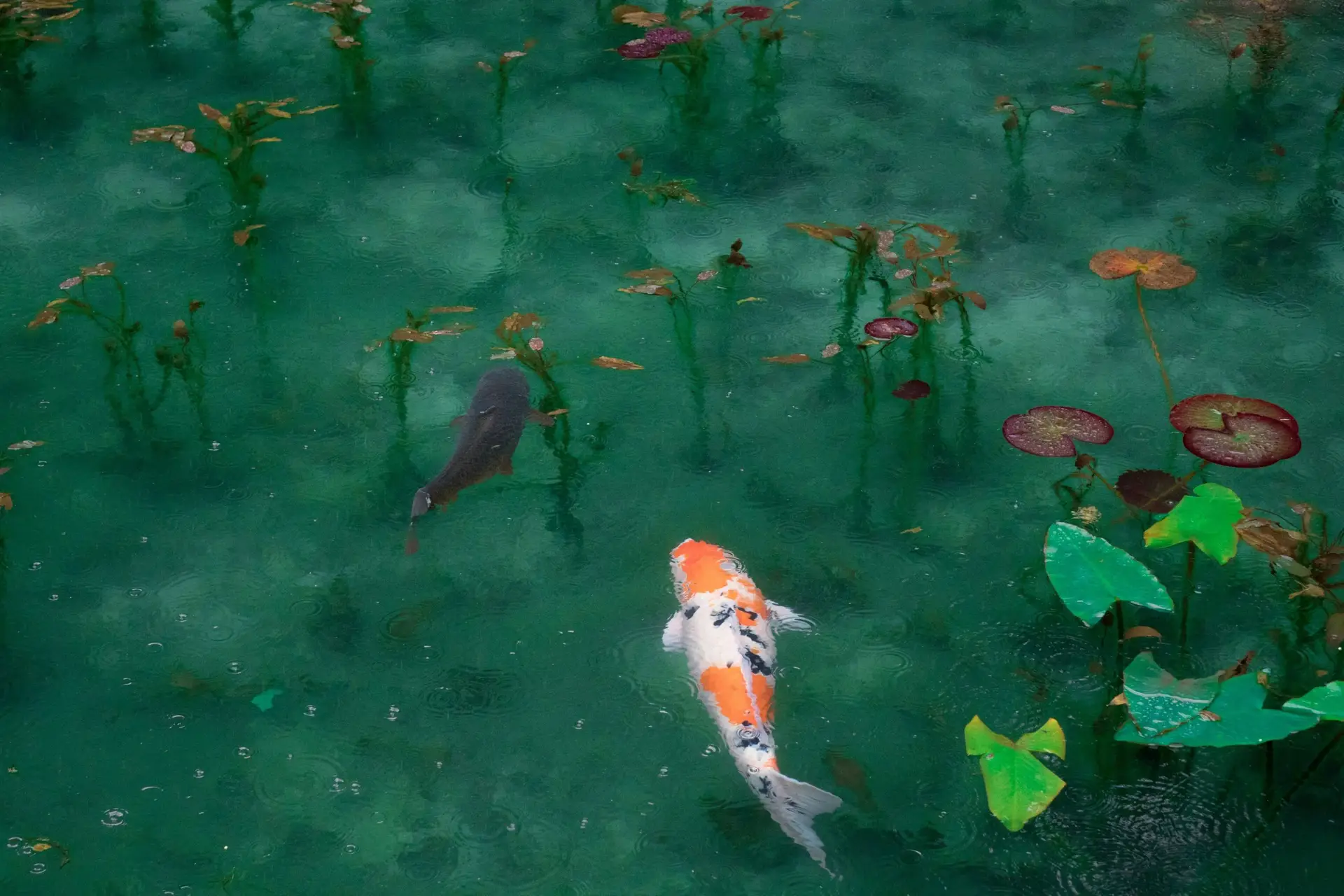
Japan is well-known its anime, manga books, short stories and novels. The fact that Japanese novels are widely recognized around the world is evidenced by the fact that they are widely available and sell well in every country. This is admirable because the novel is able to present a unique storyline, particular of Japanese culture.
Some of these works of Japanese books are frequently inspired by classic stories by Japanese authors from the past. The themes and expressive styles of earlier authors have influenced contemporary Japanese authors to some extent.
For example, Keigo Higashino’s mystery novels are frequently compared to Seishi Yokomizo’s classic mystery works. Some of the stories about women that are now available to Japanese readers are frequently compared to the ideas in Yuko Tsushima’s stories about women.
There are many books by Japanese authors that have been translated into English and other languages. Similarly, you have many genres to choose from because genre has best Japanese authors respective to their genre. These are several listed Japanese book genres.
Mystery: Japanese mystery novels are among the most popular. Detective work, crime, and murder are common themes in mystery novels. Surprisingly, the majority of Japanese mystery authors are female. Kanae Minato, for example, wrote the novel Confessions. There’s also Miyuki Miyabe, author of Puppet Master.
Horror: Japanese horror novels are very interesting because Japanese ghosts are quite frightening. Furthermore, Japanese authors are famous for creating a tense atmosphere that can make readers feel fearful.
For example, Another and Ring are two best Japanese novels that you can read. Another has been made into an anime series. And Ring has been made into a movie.
Historical: Historical genres generally deal with life during the feudal era. There are epic tales of Japanese great samurais in Japanese historical fiction books. There are novels set during the World Wars as well. Musashi and The Tale of Genji are two examples of best Japanese historical novels.
Fantasy: Several Japanese fantasy novels have been adapted into anime. Light novels are also popular among Japanese authors. In general, fantasy novels are about urban legends like yokai or gods and goddesses. In Japanese literature, yokai are demons. 1Q84 is an example of a Japanese fantasy novel.
Romance: Most women enjoy the romance genre in best Japanese books. This is due to the fact that they are interested in lighthearted life stories such as friendship and romance.
Romance novels also present a more dramatic story, which is most people’s dream. Land of Snow and Norwegian Wood are two of the best Japanese romance novels.
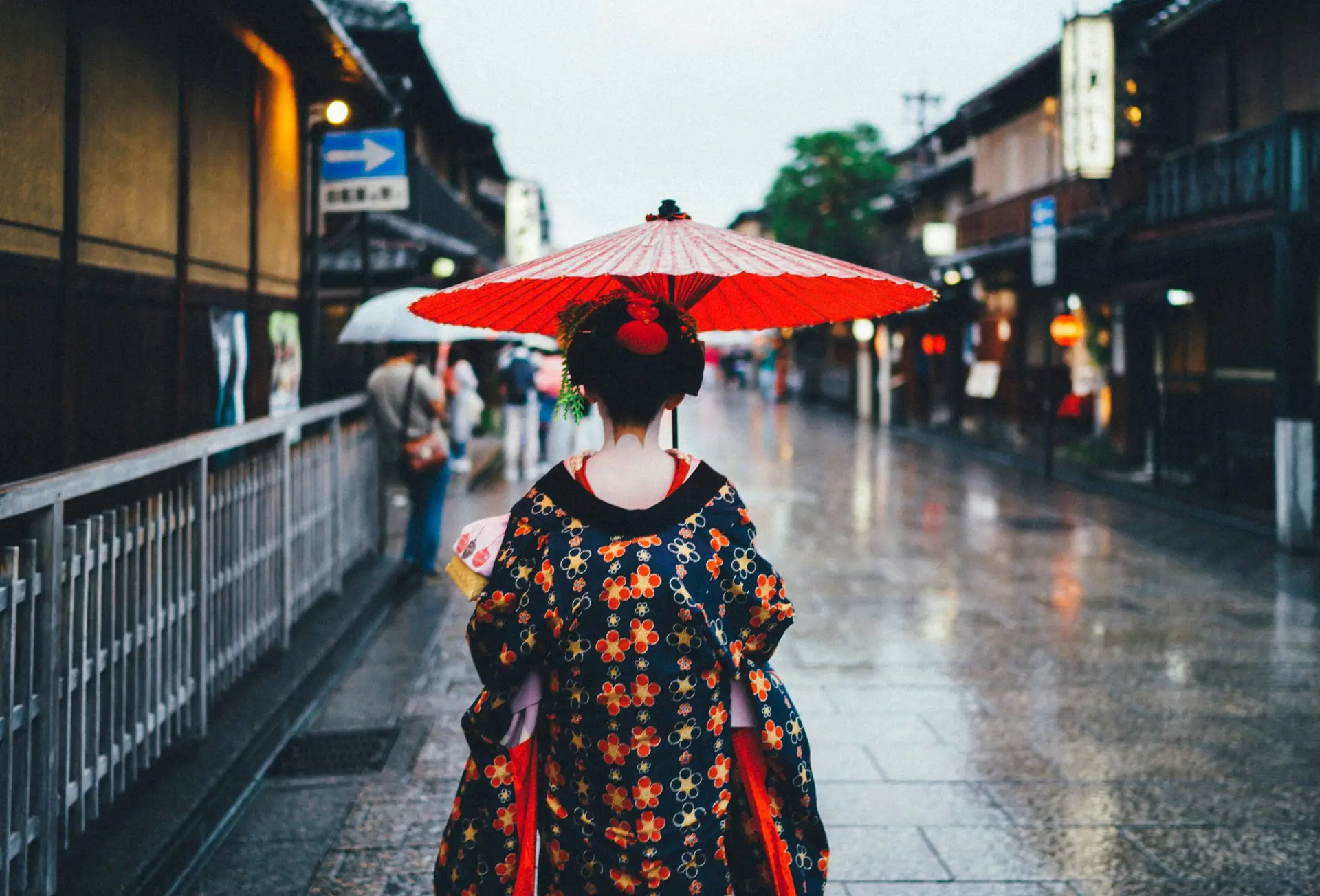
The story is nothing without characters. After all, if the characters are not unique, the story is weak. So, let’s discuss what makes characters in the best Japanese books so appealing.
The placement of female characters in best Japanese novels reflects the country’s social life. Female characters in classic novels are typically portrayed as housewives, obedient to their husbands. Such female characters in classic Japanese novels are quite uncommon.
Modern female characters are more assertive and aggressive in modern Japanese novels. Women are portrayed as strong characters in contemporary novels. Confessions and Convenience Store Woman are two best Japanese novels with female protagonists that are well worth reading.
In Japanese novels, male characters are more diverse than female characters. The gender of a male character depends on the genre. Furthermore, male characters are influenced by the author. Male and female authors portray the male characters in their works differently.
The portrayal of the male character varies depending on how the character views the world and women, as well as the character’s occupation. Male characters are typically portrayed as complex individuals by male authors.
Animals are often the main characters in Japanese novels. The main animal characters in best Japanese novels are so well depicted that the reader’s imagination wanders. A cat is frequently used as the main character in a novel. This is due to the fact that Japanese people adore cats. There are, however, novels in which other animals serve as the main characters.
When using animal characters, the author will try to imagine things from the perspective of the animal. The author will also make an educated guess about how the animal feels about humans.
There are many best Japanese authors who use animals as the main characters in their Japense novels because they are interesting. Natsume Soseki and Hiro Murayama are two best Japanese authors who have made animals the main characters in their novels.

Here are our top picks for best books by Japanese authors you should add to your library. Also, you should know that not all of their works is available as English translation.

In 1968, Yasunari Kawabata became the first Japanese author, who was awarded the Nobel Prize in Literature. You can tell by the award that the works produced by him are of high quality. He is known for stringing beautiful words together in each of his works.
When you read his works, you read the great literary work on a canvas, just like Orhan Pamuk, which I mention in Turkish authors. Yasunari Kawabata began as a author with The Izu Dance a short story. In 1937, he published Snow Country, his first novel.
Through the novel, he rose to prominence as a author in Japan. Snow White and Thousand Cranes are two of his best Japanese books. But, of all the novels that have been published, Empu Go, published in 1951, is widely regarded as Kawabata’s best work. This novel is quite different from his other works in that it tells a semi-fictional story. Many people believe that this story represents defeated-Japan in World War II.

Kanae Minato is known as the queen of iyamusu, or the queen of mystery. She was given this moniker because she primarily writes crime fiction and thriller novels. Minato Kanae’s work frequently explores humanity’s darkest side. Confessions, or Kokuhaku in Japanese, is one of her best Japanese book. So, it’s not a surprise that many of Kanae Minato’s novels and short stories have both been adapted into Japanese films.
The suspense of Kanae Minato’s stories is presented in live action, which is no less thrilling. Kanae Minato’s works have been adapted into six films: Confessions, A chorus of angels, The murder of Snow White, Night’s tightrope, Nostalgia, and Maternal instinct. Minato Kanae’s first novel was Confessions.
Despite this, the novel became a best-seller. Indeed, she received an award in the form of the Booksellers Award. The novel Confessions was adapted for the screen, and the film was nominated for an Academy Award in 2011.

Haruki Murakami is one of the best Japanese authors who is truely a global voice. He is one of the few Japanese authors whose writing style has influences of Western culture. Murakami, a Waseda University graduate, has a distinct writing style in all of his works. His enjoyable to read because he uses the first person POV and there’s a rich mention of Japanese culture in his works.
Furthermore, his works contain universal messages. It is not surprising that his works are favored by a wide range of people. His works have been translated into over 50 languages. The numerous awards bestowed upon Haruki Murakami attest to his brilliance. In 1979, his first novel, Hear the Wind Sing, won the Gunzou Literature Prize. He later won several international awards, including the Jerusalem Prize and The World Fantasy Award. IQ84,
Murakami’s first novel, Hear the Wind Sing, is one of his most well-known works. This book describes the conflict that arises between a person’s political and religious ideologies. This novel was inspired by the 1995 Aum Shinrikyo terrorist attack in Japan. The plot also includes a romantic subplot that unfolds on the outskirts of the conflict. Simialry, A Wild Sheep Chase and Norwegian Wood are another examples of his best Japanese books.
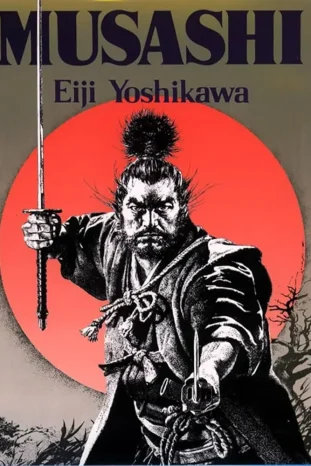
Hidetsugu Yoshikawa goes by the pen name Eiji Yoshikawa. He is one of the best Japanese authors who writes historical fiction. So, the majority of his writings are about Japanese history and feudalism in Japan. The influence of classic Japanese literature is quite evident in his work.
Eiji Yoshikawa also produced numerous light books that progressively lead to more serious works. He perfected the Japanese historical fiction genre with his masterpiece Miyamoto Musashi, the life tale of a great samurai. The author later attempted to delve further into the lives of Japanese historical luminaries. Yoshikawa’s writing style, psychological understanding, and historical knowledge has earned him a huge following.
He was the first popular author to win the Order of Cultural Merit in 1960. Eiji Yoshikawa has also received other awards. His debut work, The Tale of Enoshima, is one of the best Japanese books.
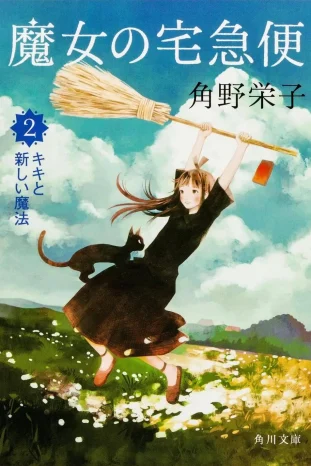
Shio no Machi: Wish on My Precious by Hiro Arikawa won the eleventh annual Dengeki Novel Prize for New Authors in 2003. It was appreciated for its representation of military structure as well as its love tale between the heroine and hero who are separated by age and social rank.
Despite being a light author, her books have been published as hardbacks alongside more literary works from her second effort. Arikawa enjoys preferential treatment in this respect from her publisher, MediaWorks. Shio no Machi was released in hardcover as well.
Toshokan Senso (The Library War), her 2006 light novel, was selected Hon no Zasshi’s number one for amusement in the first half of 2006, and ranked sixth in Honya. She frequently writes about the Japan Self-Defense Forces (JSDF), and her first three books on its three branches are known as the Jieitai Sanbusaku (SDF Trilogy).
In the Toshokan Senso series, one of the best Japanese books, she writes about the fictitious Library Forces. Raintree no Kuni, which debuted as a Japanese book within a book in Toshokan Nairan, was released as a spin-off by Arikawa.
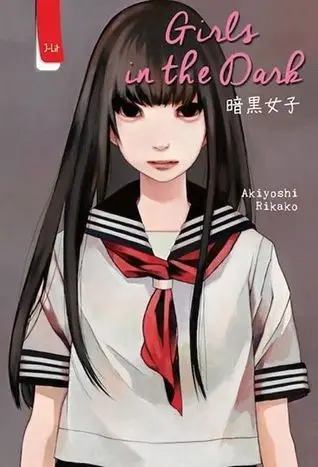
Fans of Japanese mystery novels very well recognize the name, Akiyoshi Rikako. Akiyoshi Rikako is one of the best Japanese authors whose works have been translated into several languages. Akiyoshi Rikako received the third Yahoo! JAPAN literary award in 2008 for her short work Yuki no Hana. Akiyoshi made her debut in 2009 with Yuki No Hana, a collection of short stories.
Ankoku Joshi, one of her works, has just been adapted for the big screen. Although the themes in Akiyoshi’s novels are frightening, such as suicide and murder, there are also moral lessons. According to Akiyoshi, it is an intentional theme in each of his works that no one is ever fully wrong or completely right.

Yukito Ayatsuji (born 1960) is a mystery and horror novelist from Japan. As a member of the Kyoto University Mystery Club, a group committed to fair play mystery writing inspired by the Golden Age’s greats, he began writing.
Ayatsuji’s debut novel, The Decagon House Murders, is one of the best Japanese crime fiction novel. It resurrected the classic jigsaw mystery style and inspired a new generation of Japanese authors. The sequel, The Water Mill House Murders, was influenced by Kiyoshi Shimada.
Another by Ayatsuji was adapted into a 12-episode Japanese horror anime series produced by P.A.Works that aired in Japan between. live action film of the same name released in Japanese theaters on August 4, 2012.

Ogawa is one of the best Japanese authors who has written almost 50 works of fiction and nonfiction since 1988. In 2006, she co-wrote An Introduction to the World’s Most Elegant Mathematics with mathematician Masahiko Fujiwara as a dialogue about the amazing beauty of numbers.
Yoko Ogawa has won every major Japanese literary award. Her fiction has appeared in The New Yorker, A Public Space, and Zoetrope: All-Story. Her works include The Diving Pool, a collection of three novellas; The Housekeeper and the Professor; Hotel Iris; and Revenge.
She lives in Tokyo. The Memory of Police is one of her best Japanese books. If you love fantasy stories, you should read this novel by Yoko Ogawa. You will be taken to the subconscious. You will envision a strange existence on an unnamed island. Until you are ultimately compelled to relearn things you had previously forgotten.
If you like to read a work that is completely magical realism, you should read A Hundred Years of Solitude by Gabriel García Márquez. One of the Colombia’s best writer whose book I discussed in best books to read in 2024.
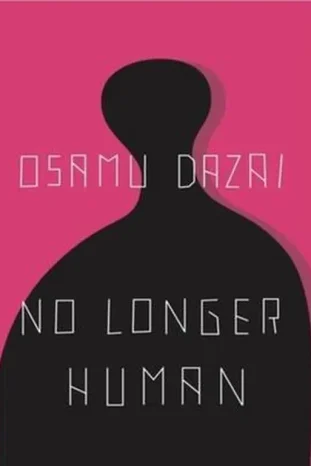
Osamu Dazai is one of the most captivating literary figures of 20th century Japan, within the Japanese I-novel genre of autofiction. He lived a troubled life abd his work mirror his own life and behavior pretty harshly.
His life was complicated by drunkenness and ill health. He was also directly affected by the horrors of WWII when his Tokyo house burnt down. Dazai abandoned his family for a lady with whom he committed suicide before reaching the age of 40.
Dazai’s magnum work is the most obvious example: Human No Longer Exists. No Longer Human is a first-person-narrated, extensively autobiographical novel published at the end of his life, and many regard it to be a testimony from him.

Kenzo Kitakata is one of the best Japanese authors who specializes in the hard-boiled genre. He is firmly entrenched in Japan’s mystery literary pantheon. Kitakata’s writings, which include yakuza criminals, Poirot-like investigators, and artistic language, play on genre cliches while preserving their own essence.
The Cage is undoubtedly his most renowned work in English, reintroducing cigarette-smoking Detective Takagi to the sinister forces of Tokyo’s criminal underworld against the backdrop of bubble-era Japan.
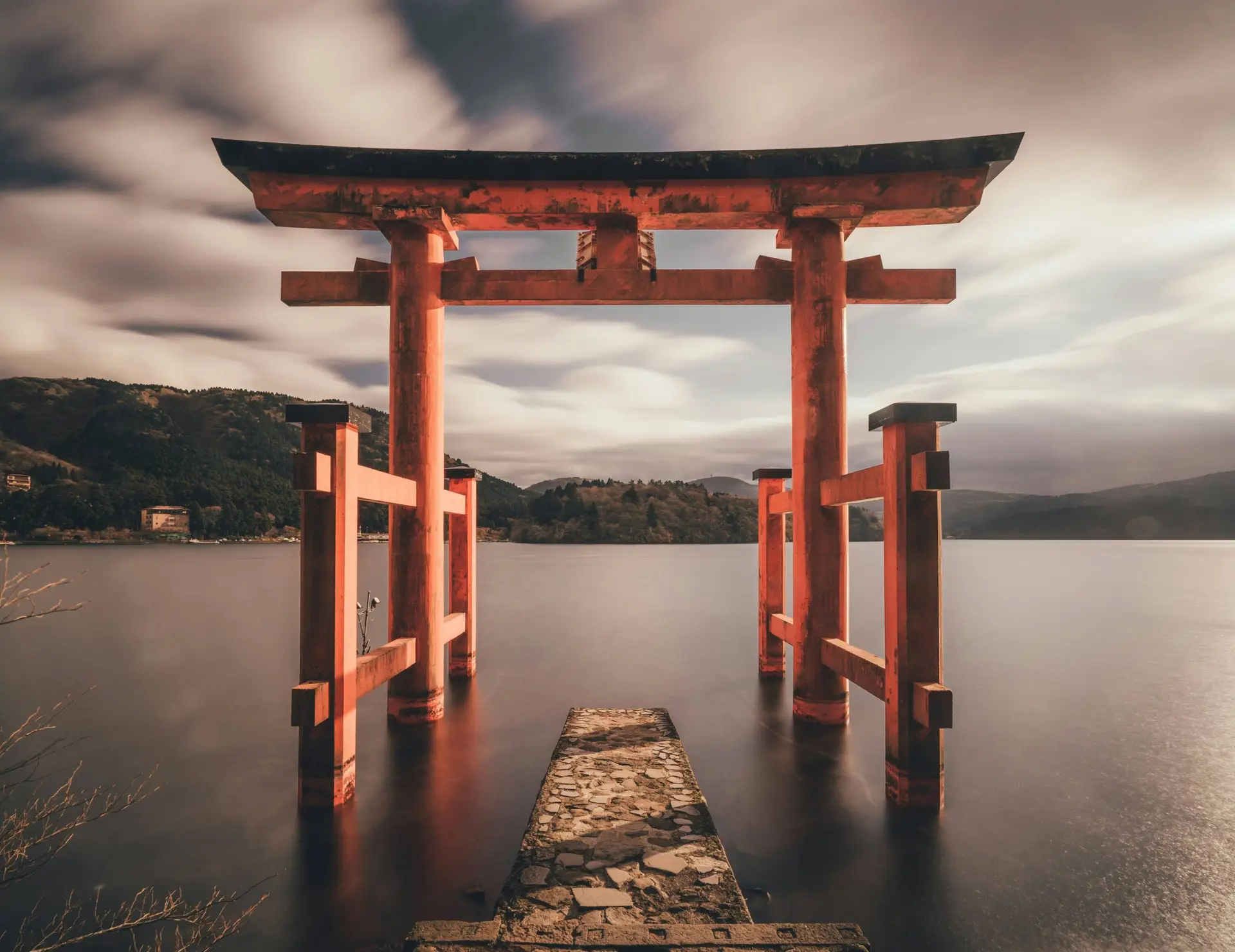
As I mentioned in the introduction that many people just tend to read and know only about Wastern fictions or everybody just happens to assume that it’s an American work. I explained this aspect in the introduction of my favourite 14 self development books.
But how many of you know that Japanese authors have been awarded 3 Nobel Prizes in Literature? And the potentially next Nobel for Haruki Murakami. The awards are not everything though as uniqueness and authenticity matter more.
And this is what best Japanese books have plenty to offer. If you also want to enjoy something new in literature, books by Japanese authors should be your first priority!
Do you want global book, music, and movie recommendations straight to your inbox?
Sign up for the newsletter below!

We all know how English literature by English writers is easily accessible. And it has been for a long time because a large part of

Now that we’re entering the holiday season, it’s an excellent time for reflection. And what a year it’s been. I changed jobs, got married, and
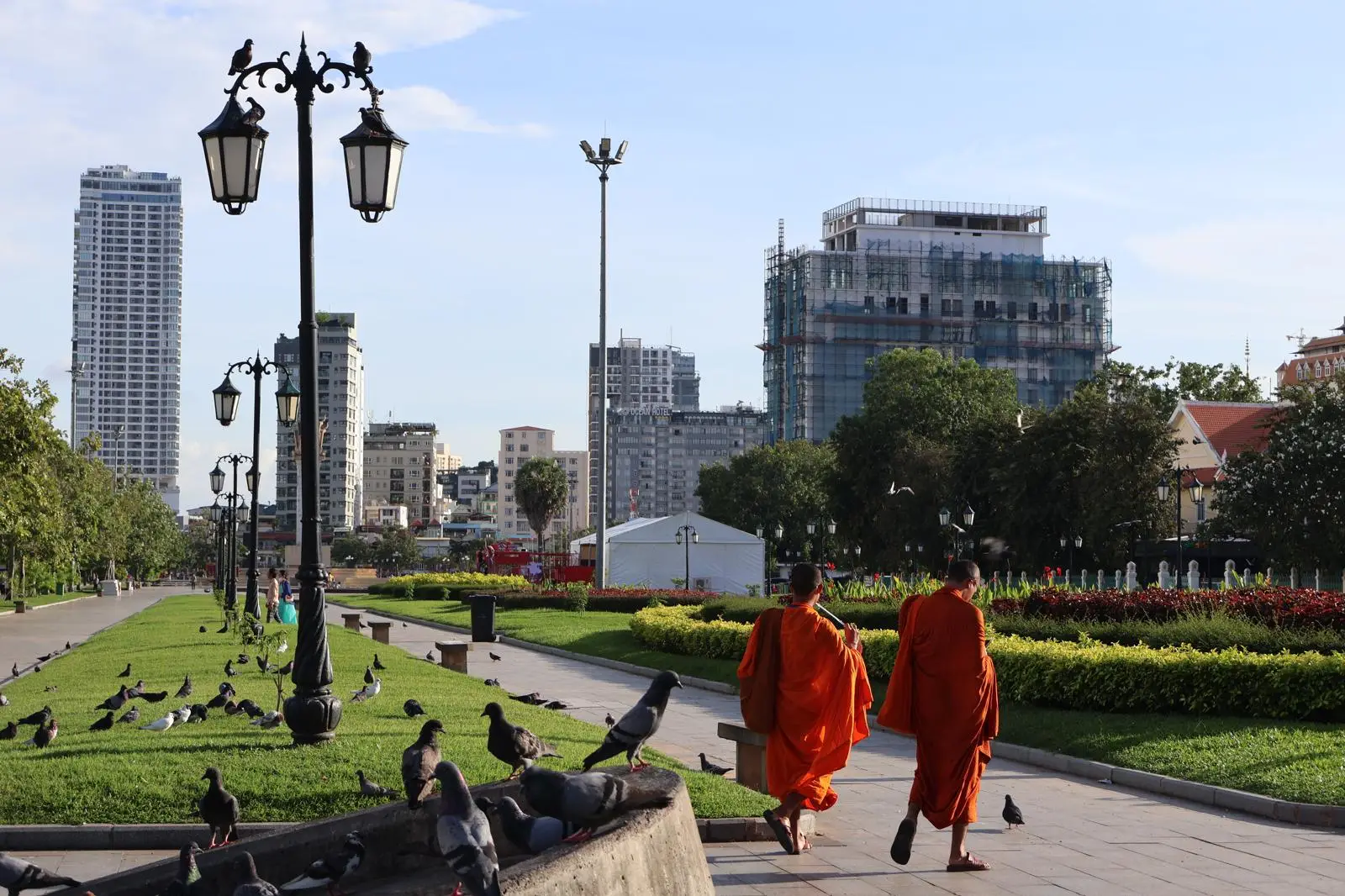
I went to Cambodia in 2025. Although it’s a cliché that people are friendly in the countries you go to, Cambodians are truly exceptionally friendly.

